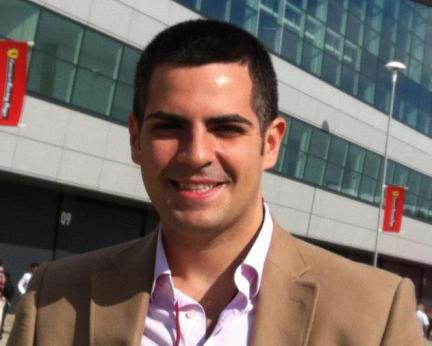I chose a career in medicine as I was passionate about helping people. I knew that as a doctor I would not only treat people but have the opportunity to participate in research which also directly benefits patients.
My medical degree in Italy involved a period of research, which led to the equivalent of a research degree known as an MD. I conducted research that explored new applications of endoscopic surgery, enabling neurosurgeons to operate on the brain through the nose.
I spent a considerable amount of my free time during medical school taking on projects in different departments, including general surgery, neurology and neurosurgery. This gave me the invaluable opportunity of spending time with patients in clinic or on the wards before and after their operations. I gained an insight into my future career which was more than I could ever get from the books. As a plus I also ended up having my name on a published research paper!
During the last year of my undergraduate medical training I applied and secured a foundation training job in the UK. This consisted of six different rotations, including general practice, paediatrics, ENT and neurosurgery. Although some of them were particularly relevant to my future career, I benefited from them all.
As a foundation doctor, one of the most important aspects of your training is gaining experience on the wards, consolidating what you learnt in medical school. You learn much about how different patients are affected by their diseases and how to give them the best care possible. You particularly benefit from working on a daily basis with senior doctors as part of a team.
During these two years I continued improving my CV, by conducting extra projects during my rotations, attending courses in surgery and neurosurgery and completing my Membership of the Royal College of Surgeons (MRCS).
Having decided neurosurgery was definitely for me, I spent one year working in that department before applying for a training post. At times I was able to answer the neurosurgery registrar bleep, which could be daunting as it involved taking calls about patients from A&E departments across the region. This included being involved in the process of reviewing scans online and taking patient histories, before more senior doctors implemented a treatment plan. At this stage I mostly observed operations, although I was also able to play a minor part, such as drilling holes in the skull under supervision. This experience helped my successful application for the eight-year run-though training programme in Liverpool.





